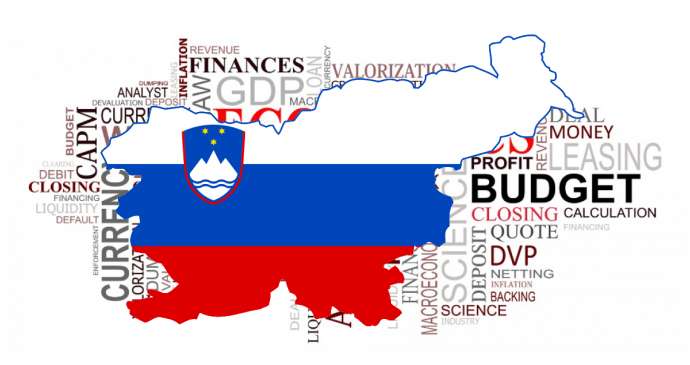STA, 29 March 2019 - Slovenia recorded a general government surplus of EUR 303m last year or 0.7% of the country's gross domestic product (GDP), the Statistics Office reported on Friday, the biggest surplus on record.
While Slovenia recorded a general government a surplus of EUR 5m or 0.01% of GDP in 2017, it significantly increased last year.
"This is the first time such a high surplus was recorded since such data have been monitored, i.e. since 1995," Nina Stražišar of the Statistics Office told the press in Ljubljana.
Expenditure continued to grow, but at a slower pace than revenue. Revenue rose by 1.178bn or 6.3% year-on-year while expenditure was up by 4.7% or EUR 881m.
Due to the favourable conditions on the labour market and economic growth, the state collected EUR 649m more in taxes than in 2017. Revenue from value added tax (VAT) was up by 8.1%, while revenue from income and property taxes rose by 10.2%.
Revenue from taxes and social security contributions increased by 7%, while the good performance of companies in which the country holds ownership stakes resulted in a 21% rise in non-tax revenue from dividends.
On the other hand, expenditure for gross investments in fixed assets surged by 24.9% and for subsidies by 8.6%. Expenditure for intermediate consumption increased by 7% and spending for welfare payments by 3.5%.
This implies there was an acceleration in the drawing of EU funds in the second half of 2018, Stražišar said.
The state meanwhile reduced interest expenditure by 15% due to refinancing of outstanding debt with new bonds with lower yields and repurchase of a portion of bonds denominated in US dollars.
Interest expenditure excluded, the growth of expenditure would be 6% and general government surplus would amount to EUR 1.2bn or 2.6% of GDP.
The Finance Ministry has projected that general government surplus will slightly increase this year, to 0.8% of GDP.
Consolidated general government debt amounted to EUR 32.23bn or 70.1% of GDP, which is 3.9 percentage points down compared to 2017.
Contributing the most to the reduction of debt was the nominal growth of GDP. In nominal terms, general government debt increased by EUR 371m or 1.2%.
More detailed data can be found here







